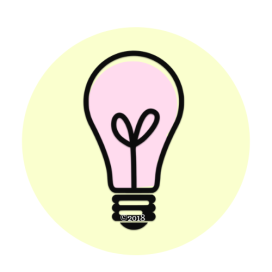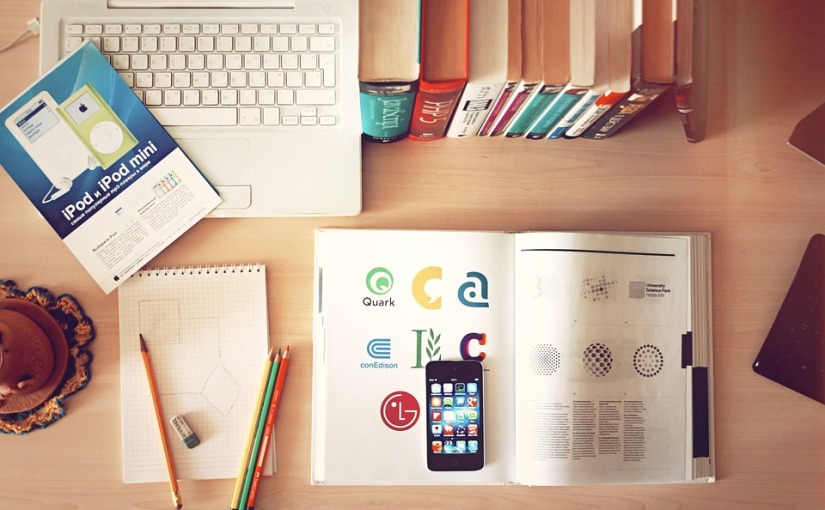Midterms are upon us! Whether that means stress, procrastination, or excessive eating to you (kidding, hopefully that’s not the case), I figured it’d be best to provide a collection of helpful advice to you.
I wish you the best of luck!
Facts
- Using blue ink improves recall memory. In an experiment conducted among a group of 9th grade students, those who wrote with blue ink exhibited a greater recall with blue vs those who wrote with black ink (reportedly 33% vs 27%.) Read more for yourself here.
- Writing out facts also improves recall ability, so be sure to take notes on the textbook chapters you study. Personally, re-writing my own notes has proven effective when studying.
- Learn more interesting facts here, like the fact that “Our brain prefers images over text. Participants in studies only remember about 10% of information presented orally when they are tested 72 hours after instruction. However, that number jumps by about 65% when an image is added to the learning process” (tipsywriter.com).
Hacks
- Instead of simply memorizing the material, try to explain it to yourself as you do it. For example,m 2+2=4. Now, explain to yourself why 2+2=4. If you can’t, you likely don’t know the material as well as you should.
- Create mental associations. For example, if you’re learning what the prefix bio– means, think of words that have that prefix: biology – the study of life… so bio means life!
- Don’t just read or watch… practice! If you’re watching a video explaining the basics of trigonometry, don’t just watch it – pause it and take notes, or try to solve a couple of examples yourself. When you’re studying, you need to stimulate your mind. This prevents boredom.
Tips
- Study to understand, not just to memorize. It’s easier to recall what you understand rather than material you only wanted to remember for a test or quiz.
- Take periodic breaks when studying to refresh your mind and prevent burnout. One five to ten minute break every half hour or so can improve cognitive ability. You can adjust the time in between breaks based upon what is most conducive to your brain, but usually working for 30 minutes or so and pairing it with a 10 minute break can really be helpful.
- Use a planner. When I got to high school, so many of my friends stopped using their planners and I was shocked! – You know what else happened? Once they stopped using their planners, they started forgetting more things. It’s easier to remember things when you write them down and when you can see them visually.
- Use a wall calendar! It’s essentially the same concept as a planner.
- My favorite, take colorful, fun notes! Make studying more enjoyable by implementing creative techniques if you’re more of a creative, artistic thinker.

If you’d like a post about helpful study links and such, let me know! I hope you enjoyed this post as well. Happy studying! 😉 ❤

